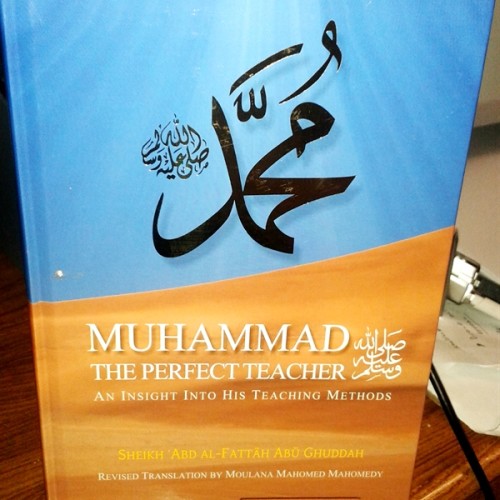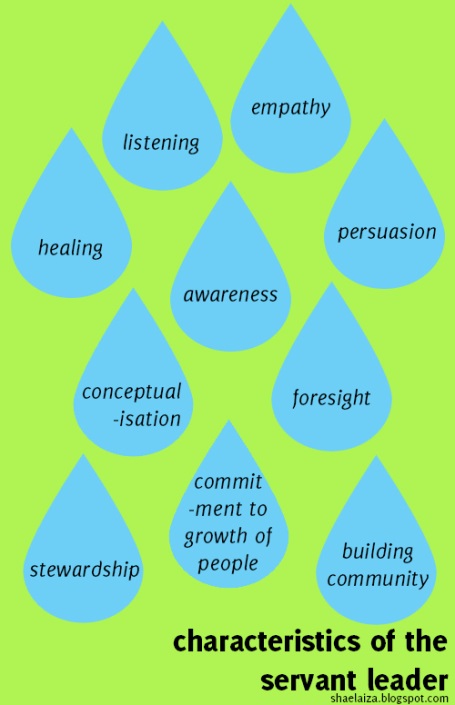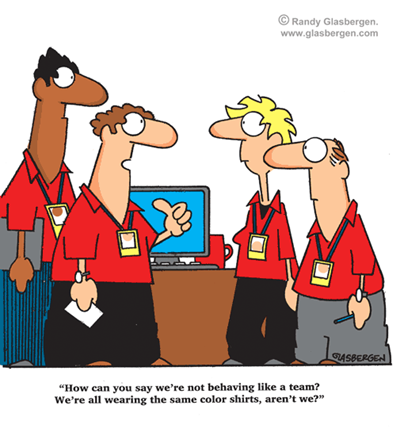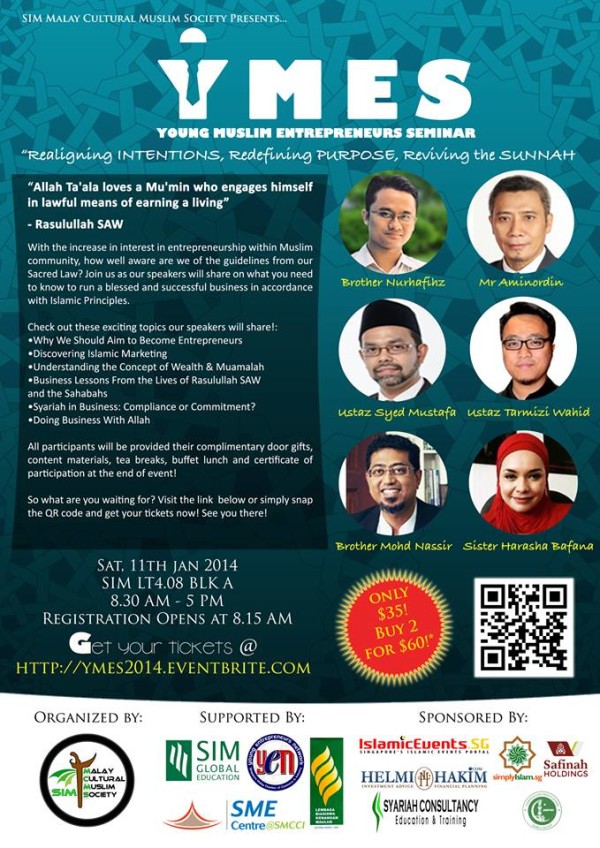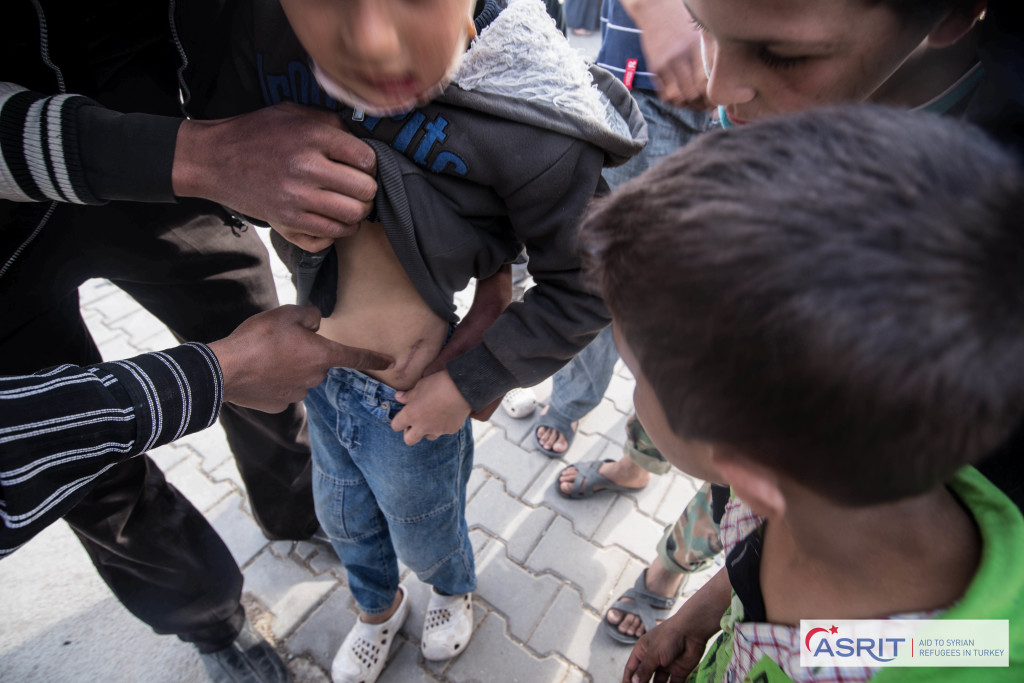Many amongst the companions were giants, known for their feats and accomplishments. Abu Bakr As-Siddique RA for example, was known as the first Muslim, the person to affirm whatever the Prophet Muhammad S said. Bilal bin Rabbah, meanwhile, was known as the slave who cried naught but “Ahadun Ahad” as he laid burning on the ground, and whose rank Allah SWT raised to be the one who called Muslims towards prayer. Other companions, however, were not known for their exemplary characters, but for how the Prophet Muhammad (S) treated them.
Nuayman ‘ibn Amr Al-Ansari RA was one of them.
Belonging to the Banu an-Najjar of Madinah and being amongst the earliest Muslims of the city, Nuayman RA, just as the rest of the companions, had participated actively in numerous battles including the Battle of Uhud, Khandak and Badr, alongside the Prophet Muhammad (S).
Resident Prankster
Unlike the rest of the companions, however, Nuayman RA was infamous amongst them as the resident prankster.
Once, Nuayman RA went to the market and saw some food which appeared to be delicious. He ordered some and sent it to the Prophet (S), meaning it to be a gift. Upon receiving it, the Prophet (S) was delighted and ate it with his family, only to be approached for payment by the vendor of the food moments later. When Nuayman RA was summoned and questioned, his reply was, “I thought you would like it and I wanted you to eat some of it so I had it presented to you. But I don’t have any dirhams to pay the vendor for it. So, pay, O Messenger of God!”
The Prophet Muhammad (S) had a good laugh listening to Nuayman’s reason, and he paid the vendor the amount promised.
In another incident, Nuayman RA was on a trading expedition to Busra together with several companions like Abu Bakr As-Siddique RA and Suwaybit ibn Harmalah RA. Each of the companions was given a task, and Suwaybit RA’s task was responsible for food and provisions.
Knowing this, Nuayman RA who was hungry went up to ask for some food, but was turned down by Suwaybit. Disgruntled, Nuayman RA approached some Arab traders in the market and told them he had a slave boy to sell. “He has got a ready tongue and is very articulate. He would resist you and say: ‘I am free.’ But don’t listen to him,” Nuayman RA warned them.
Several dirhams were exchanged, and Nuayman RA pointed the traders towards innocent Suwaybit RA. They grabbed him and dragged him by the neck despite his repeated objections and scoffed as he claimed to be a free man, “He (Nuayman) told us you would say that.”
When word got out to the other companions and reached Abu Bakr As-Siddique RA, the latter ran to catch up with the traders and explained the true story. The dirhams paid were refunded, and all the companions – Abu Bakr, Nuayman, and even Suwaybit RA himself – had a good laugh. They later recounted the story to the Prophet Muhammad (S), and he too laughed even more.
Alcohol Addiction
On top of being known for his pranks, Nuayman RA too was known to have issues with alcohol. Despite knowing the ruling of Islam towards the intoxicating drink, Nuayman RA struggled with breaking his addiction, and was flogged twice for drinking.
Upon the second flogging, ‘Umar RA who was angered by Nuayman’s RA behaviour quipped, “La ‘nat Allah alayhi – may God’s curse be on him”.
The Prophet Muhammad (S), upon hearing this, was quick to intervene, “No, no, don’t do (such a thing). Indeed he loves God and His Apostle. The major sin (as this) does not put one outside the community and the mercy of God is close to the believers.”
Subhanallah.
In recounting the tales of Nua’yman RA, what were apparent were his love for tomfoolery, and his struggles in becoming a better Muslim. What was subtle was the fact that despite his shortcomings, he participated and risked his life for the sake of Allah and His Messenger S during the numerous battles for Islam.
What could have easily been missed, however, were the lessons we can learn from how the Prophet Muhammad (S) dealt with him.
A Unique Companion
Firstly, the Prophet (S) recognized that Nuayman RA had a unique character about him that was unlike the other major companions. Instead of chastising him for being different, the Prophet (S) took Nuayman RA’s antics in his stride and recognized his good intentions.
Secondly, despite Nuayman RA’s pranks and alcohol addiction, the Prophet Muhammad (S) did not deride him, but exercised patience in ensuring he remained part of the community. Perhaps in this is a lesson to learn in this day and age where takfir – the act of proclaiming someone a kafir – is easily thrown around when small misunderstandings occur.
Thirdly, from the Prophet (S)’s interactions with Nuayman RA, we find a sense of light-heartedness and ease. When Nuayman RA committed one prank after another, the Prophet Muhammad (S) did not bring up previous pranks, or make mention about the amount of dirhams he had to spend previously due to Nuayman, or even so much as groan. Instead, the Prophet Muhammad (S) laughed, again and again. He (S) appreciated the moment as what it was, held no grudges, and facilitated ease for Nuayman RA to get out of the hole he dug for himself.
The Prophet Muhammad (S) was indeed a Mercy to the Worlds. As for Nuayman RA, he indeed loved God and His Messenger (S), just as the Prophet Muhammad (S) had claimed; when fitnah struck the ummah after the Prophet’s passing, Nuayman RA was so distraught and filled with anguish that he laughed no more.
May Allah SWT’s blessings be on Nuayman RA, and the other companions of the Prophet Muhammad (S). Ameen.
Nur Fadhilah Wahid
Fadhilah is a seeker of knowledge at the International Islamic University of Malaysia. She blogs at www.fadhilahwahid.com








